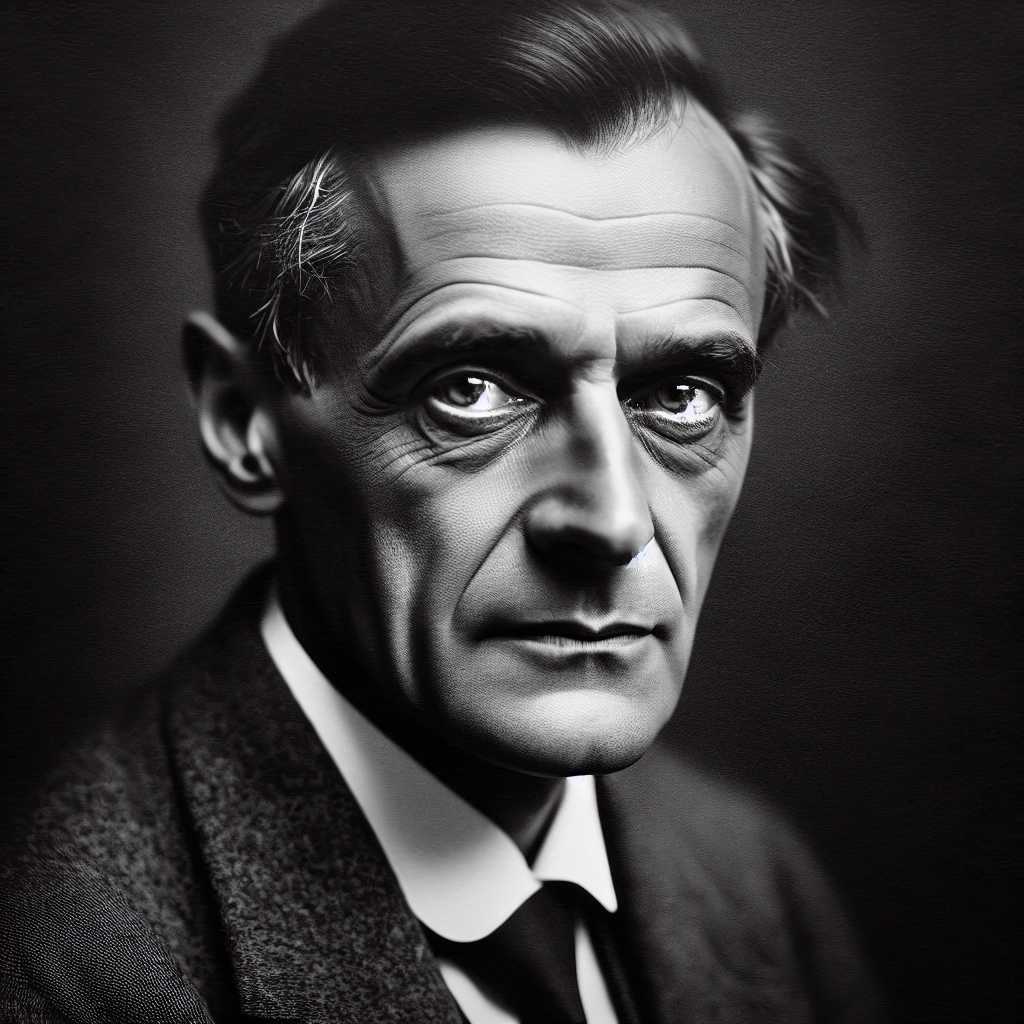### J. Robert Oppenheimer: The Enigmatic Figure of the Atomic Age
The Early Genius and Academia of Oppenheimer
J. Robert Oppenheimer, often referred to as the “father of the atomic bomb”, was an American theoretical physicist whose early academic brilliance foreshadowed his significant contributions to science. Born on April 22, 1904, Oppenheimer excelled in languages and sciences from a young age, showing great promise and intellectual curiosity.
After graduating from Harvard University, where he excelled in chemistry, mathematics, and physics, Oppenheimer traveled to Europe to study at the University of Cambridge under renowned physicist J.J. Thomson. However, it was at the University of Göttingen that Oppenheimer completed his PhD under Max Born—maximizing his exposure to the quantum mechanics revolution shaping physics.
Upon returning to the United States, Oppenheimer held a professorship at the University of California, Berkeley, and the California Institute of Technology where he tutored the next generation of physicists, earning a reputation as a brilliant and demanding teacher.
The Manhattan Project and the Birth of the Atomic Bomb
In 1942, during World War II, Robert Oppenheimer was appointed as the head of the Los Alamos Laboratory in New Mexico—a top-secret initiative dubbed the Manhattan Project. The mission was to harness nuclear fission for military purposes and resulted in the development of atomic bombs.
Under Oppenheimer’s leadership, one of history’s largest scientific undertakings brought together some of the most brilliant minds in the physics community. He was instrumental in designing the bomb and overseeing the challenges that came with such unprecedented engineering and scientific tasks. This period culminated on July 16, 1945, with the successful detonation of the first atomic bomb during the Trinity test.
Ethical Dilemmas and Reflections Post-WWII
Following the Hiroshima and Nagasaki bombings which effectively ended World War II but at enormous human cost, J. Robert Oppenheimer became a symbol of ethical conflict regarding science’s role in society. His later life is marked by his own deep introspective thought into the implications of his work.
Facing public adoration as well as criticism for his role in developing weapons of mass destruction, Oppenheimer became a vocal advocate for nuclear arms control and international collaboration on nuclear issues. This advocacy earned him plenty of controversy during the early years of the Cold War, affecting his standing and career.
The McCarthy Era and Loss of Security Clearance
The early 1950s were characterized by anti-communist sentiment in the United States which came to heavily impact Oppenheimer’s career. In 1953, during heightened McCarthyism paranoia, his past associations with Communists became a focus for governmental scrutiny.
A highly publicized security hearing led by the Atomic Energy Commission in 1954 resulted in J. Robert Oppenheimer losing his security clearance amid accusations he had communist sympathies. Although many protested this decision as unjust and indicative of a fearsome overreach into academic liberties and intellectual independence, it wasn’t until 1963 that gestures to fully rehabilitate his reputation were made when he was awarded the Fermi Award by President Lyndon Johnson.
Retirement, Legacy, and Science’s Ambivalence
After this dramatic fallout from government affairs, Oppenheimer retreated into academia. Until his death on February 18, 1967, he remained an influential voice in scientific discourse while reflecting critically on scientific morality.
J. Robert Oppenheimer’s legacy continues to be debated—younger generations might find ambivalence in a figure associated both with large scientific leaps and moral questions about technological progress’s implications on humanity. Regardless of praise or critique, his profound impact on physics, theoretical work on quantum mechanics, black holes, and more importantly, his role as a chief architect of a nuclear age marks him as undeniably one of history’s most significant scientists.
Notes
Image description: A black-and-white photograph depicting J. Robert Oppenheimer, with reflective eyes and a slightly furrowed brow wearing a suit—the visage of a contemplative man who forever changed the world through science.
